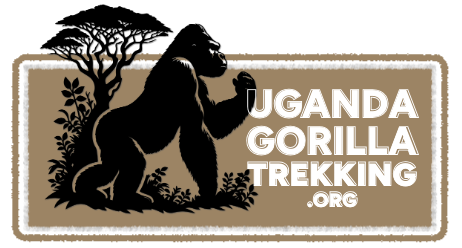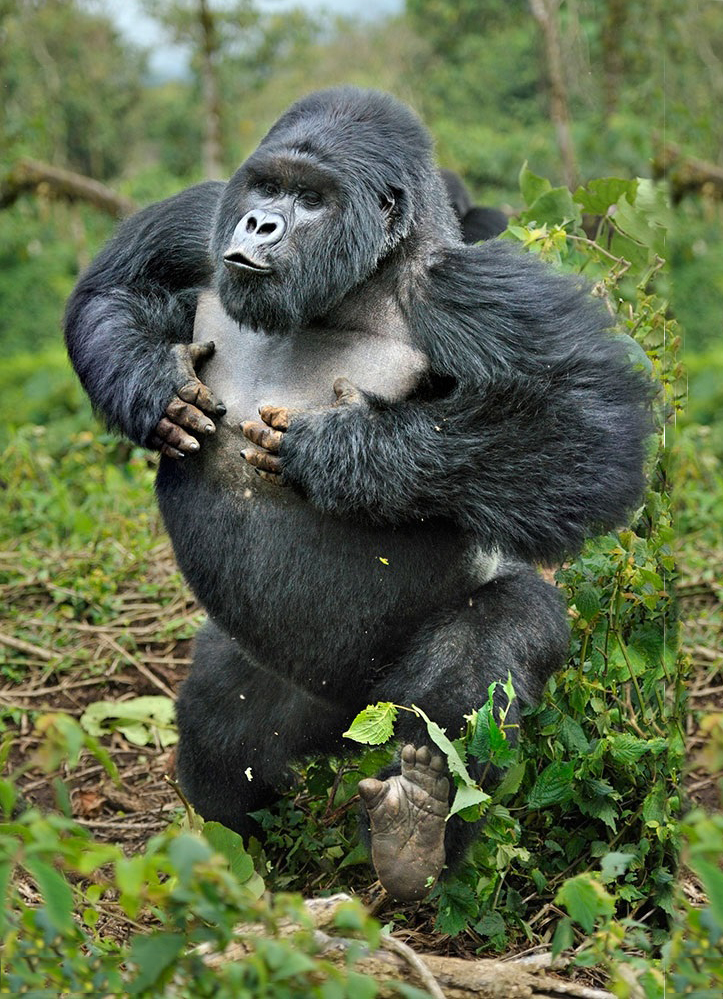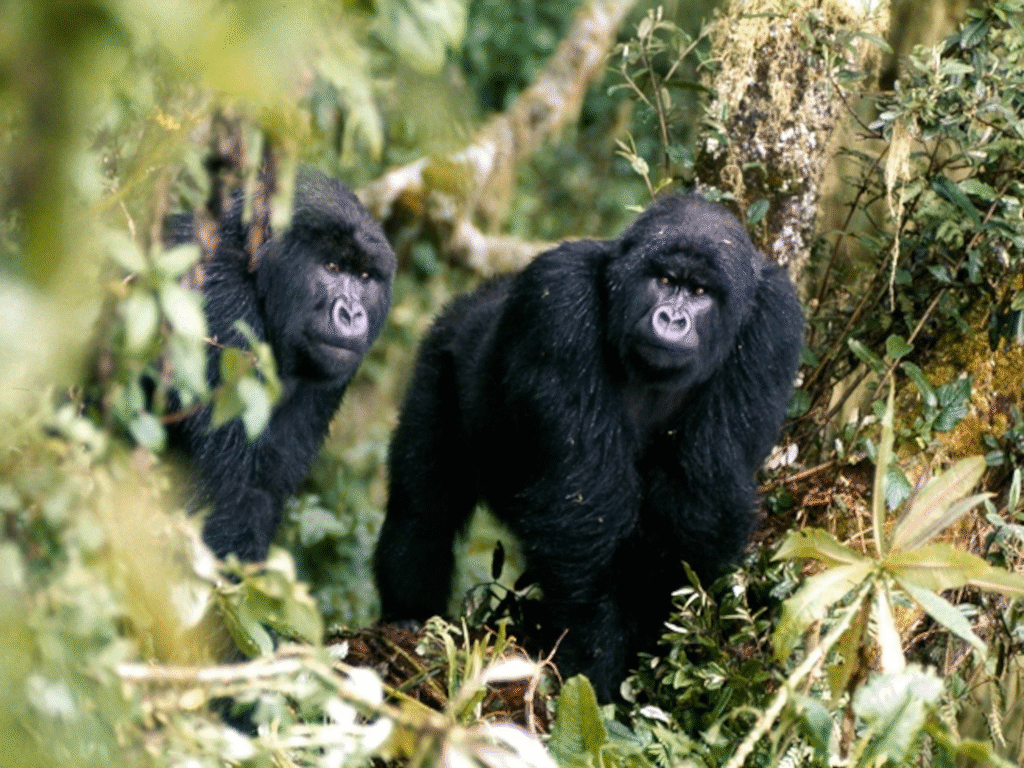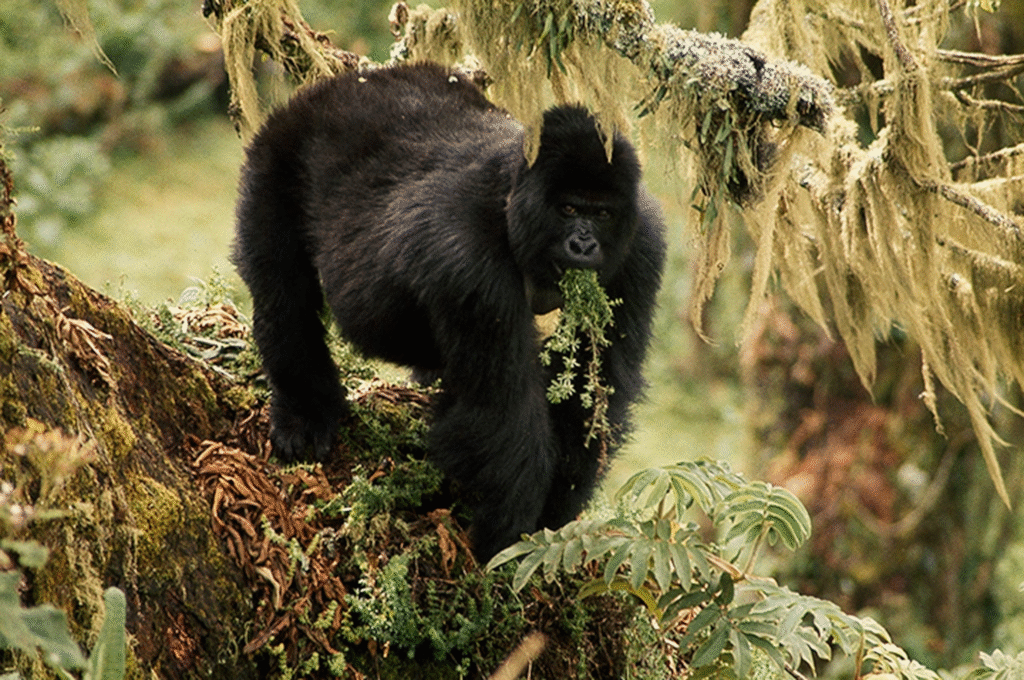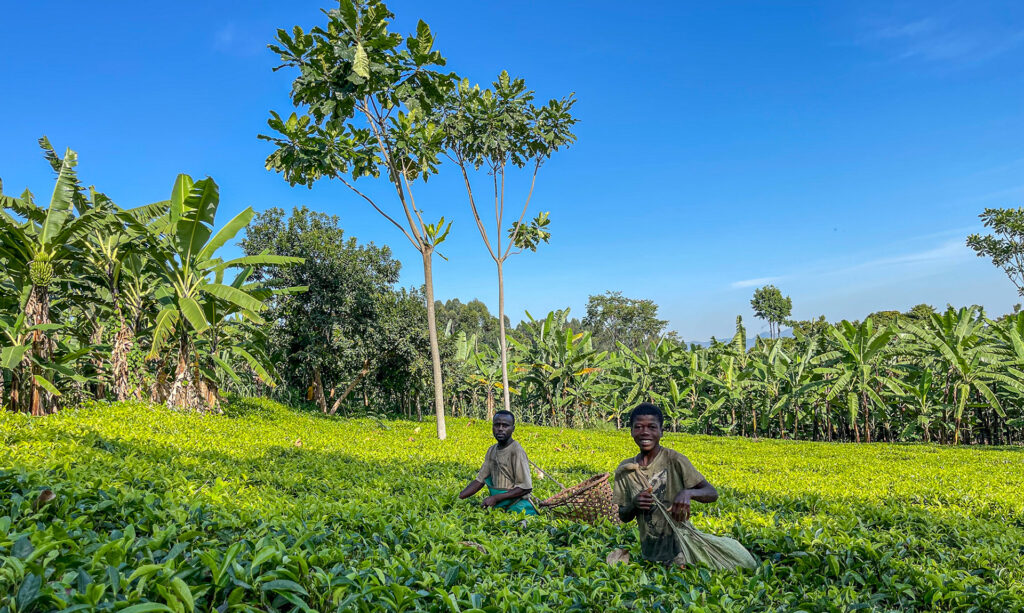Where the soul of the forest whispers in the mist
Uganda is one of Africa’s most linguistically diverse nations, where language is not only a tool for expression but also a gateway to identity, culture, and community. With over 40 indigenous languages actively spoken, Uganda thrives in a natural multilingual rhythm where children often grow up switching between their mother tongue, English at school, and a third language from neighboring tribes. In cities like Kampala, it’s common to hear a dynamic mix of Luganda, Swahili, and English—reflecting both tradition and modern evolution. Each language spoken across Uganda tells a deeper story—of ancestry, migration, resilience, and cultural pride passed down through generations—Uganda’s Language and Communication.
But communication in Uganda is more than words—it’s about tone, gesture, and respect. Greetings are heartfelt and often detailed, storytelling remains sacred, and elders are honored through spoken rituals and careful speech. Whether it’s a mother teaching Runyankole proverbs to her children or a youth composing rap lyrics in a blend of Luganda and English, language in Uganda is constantly alive. As the country grows into a digital, urban future, efforts to preserve local languages alongside global communication show that Uganda’s linguistic diversity is not fading—it’s evolving with pride and purpose.
So lace up your boots, grab your camera, and prepare to meet the wild — this is where your gorilla trekking dreams and unforgettable safari adventures truly begin.
Truly Iconic Highlights in Uganda
Trek through Bwindi’s mystical rainforest and meet the endangered mountain gorillas in their breathtaking natural home.
Encounter mountain gorillas and golden monkeys on Mgahinga’s misty volcanic trails, where culture and alpine wildlife thrive together.
Unwind after your trek with a peaceful canoe ride across Lake Bunyonyi, Uganda’s most tranquil and scenic highland lake.
Enhance your gorilla trekking safari with an optional chimpanzee encounter in Uganda’s lush forests, adding depth and diversity to your primate adventure
Uganda’s Languages and Communication: Voices That Tell a Nation’s Story
Language is more than a tool for communication—it is identity, heritage, and belonging. In Uganda, every word carries the rhythm of ancestry and the heartbeat of culture. This is a country where over 40 indigenous languages are actively spoken, each tied to an ethnic group, a homeland, and a way of life. From the musical tones of Luganda in central markets to the poetic cadence of Acholi in the north, Uganda’s languages are not only a means of conversation but also of storytelling, education, and cultural transmission.
What makes Uganda truly exceptional is not just the number of languages it speaks, but the way its people navigate between them with ease and pride. In a single village or street, you might hear three or four languages spoken seamlessly—Luganda, English, Runyankole, Swahili—each used depending on who is speaking, where they are, and what they are trying to say. This multilingual reality is not chaotic—it’s a quiet, graceful dance of identity and connection.
Official and Common Languages: English, Luganda, and Swahili
Uganda’s official language is English, a legacy of British colonial rule, and it is widely used in government, law, education, and formal business. Children learn English in school from an early age, and it remains the language of instruction across the national education system. For many Ugandans, especially those in urban settings, English has become a second nature—not just a language of utility but a gateway to opportunity.
Alongside English, Swahili holds official status and is increasingly encouraged as a regional unifier, especially across East African countries. Though Swahili’s use in Uganda has grown slowly compared to countries like Kenya and Tanzania, it plays an important role in trade, military, and cross-border communication, particularly in towns and markets near Kenya, Rwanda, and the DRC. In recent years, there’s been a renewed push to teach Swahili in schools and embrace it as a bridge across ethnic lines.
However, the heartbeat of everyday communication in much of Uganda still lies in Luganda, the most widely spoken indigenous language. Originating from the central Buganda region, Luganda has spread far beyond its borders. In Kampala and other cities, it often serves as a street language—a friendly, familiar way to connect people across tribes and backgrounds. Many radio stations broadcast in Luganda, and it has even influenced modern Ugandan slang and music. In some ways, Luganda acts like Uganda’s unofficial national language—not by law, but by daily use.
Indigenous Languages: Cultural Anchors of Identity
Beyond Luganda, Uganda’s language landscape is a mirror of its ethnic diversity. The Bantu languages dominate the central, western, and southern parts of the country, including Runyankole, Rukiga, Lusoga, and Runyoro-Rutooro. These languages are not just means of speech—they’re systems of thought, social codes, and guardians of oral traditions. In the north and east, Nilotic and Nilo-Hamitic languages like Ateso, Lango, Acholi, and Karamojong shape not only communication but cultural worldview. In the northwest, Central Sudanic languages like Lugbara and Madi hold ground, each rooted in centuries of cross-border heritage.
Language in Uganda is deeply personal and strongly tied to place. Many children grow up learning their mother tongue at home, English at school, and a neighboring language through play. This natural multilingualism allows for high adaptability and rich cultural exchange. Even in rural areas, it’s common to find someone fluent in three to five languages. And yet, each indigenous language remains a badge of identity—a connection to ancestors, clan, and homeland.
Communication Styles: Politeness, Respect, and Expression
Communication in Uganda isn’t only about language—it’s also about tone, gesture, and cultural values. Ugandans are known for their politeness and respectful communication. Greetings are essential, especially when entering a home or community. Whether in English or a local dialect, the act of greeting—asking about one’s health, family, and day—is seen as the foundation of good social conduct. Skipping this step can feel cold or disrespectful.
Hierarchical respect plays a key role, especially when addressing elders, leaders, or strangers. In many tribes, people lower their body slightly when greeting an elder, use formal language, or avoid direct eye contact as a sign of humility. Even in business, warmth and personal rapport are considered just as important as credentials or contracts. Ugandans generally value diplomacy, kindness, and indirectness when dealing with sensitive topics.
Non-verbal communication is equally important. A smile, a nod, or a subtle gesture often carries as much weight as words. In rural areas, storytelling, song, and proverb are traditional forms of passing wisdom and resolving conflict. Even in modern Uganda, many homes still preserve the habit of evening storytelling—where elders pass down life lessons through humor, metaphors, and ancestral tales.
The Future of Language in Uganda: Blending Tradition and Modern Life
As Uganda grows increasingly urban and connected to global trends, its languages continue to evolve. Urban youth in Kampala and other cities have developed vibrant forms of urban slang, drawing from Luganda, English, and Swahili. This evolving language, often heard in music, social media, and comedy, represents a youthful expression of cultural identity—modern, creative, and proud.
At the same time, there’s a growing movement to preserve Uganda’s indigenous languages. Cultural leaders, schools, and even digital platforms are working to keep native languages alive, particularly as younger generations shift toward English in school and online spaces. Local-language radio, literature, and language apps are now being used to reach new audiences and reignite pride in linguistic heritage.
In Uganda, language will always be more than a way to talk—it will remain a way to belong. Whether it’s a child learning their grandmother’s stories in Runyoro, a student writing in English, or a shopkeeper switching between four languages in a single day, Uganda’s voices carry the beauty of diversity, the weight of memory, and the promise of unity.
More Information About Uganda to Know.
Uganda is a culturally rich and naturally diverse country, home to vibrant traditions, stunning landscapes, and welcoming people. From its deep history to its thriving wildlife and modern identity, Uganda truly stands as the Pearl of Africa.
In the Realm of Giants – Bwindi & Mgahinga in Frames.
Wander through an elegant gallery capturing Uganda’s most exclusive gorilla sanctuaries, where ancient forests cradle the last mountain gorillas in a world of mist, mystery, and majesty.
Essential Planning Tips for Visiting Uganda’s National Parks.
Get ready for the wild heart of Africa with expert travel tips on when to visit, what to pack, where to go, and how to make the most of your safari across Uganda’s breathtaking national parks.
Why Uganda for Gorilla Trekking?
Uganda is not just a destination — it's the very soul of gorilla trekking. With over half of the world’s remaining mountain gorillas calling its misty forests home, Uganda offers the rarest encounters in their most authentic setting. Here, your journey is not rushed or crowded. Instead, you’re guided by experienced rangers through pristine jungles where gorillas live as they always have — wild, free, and magnificent
From insider travel insights to unforgettable trekking guides, our blog is your trusted path into Uganda’s wild heart — connecting you with mountain gorillas, breathtaking landscapes, and the soul-stirring adventures that make this land unlike any other.
